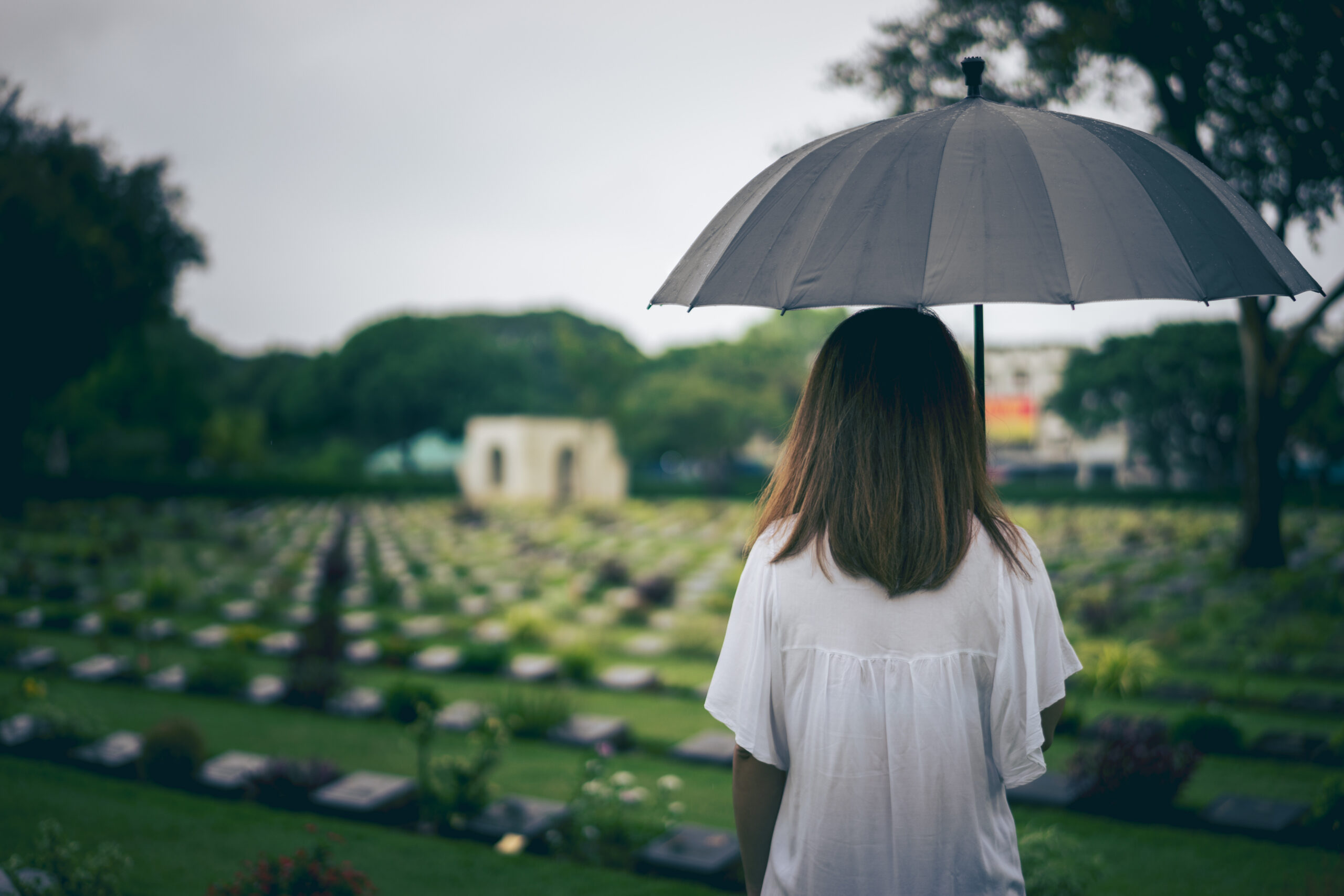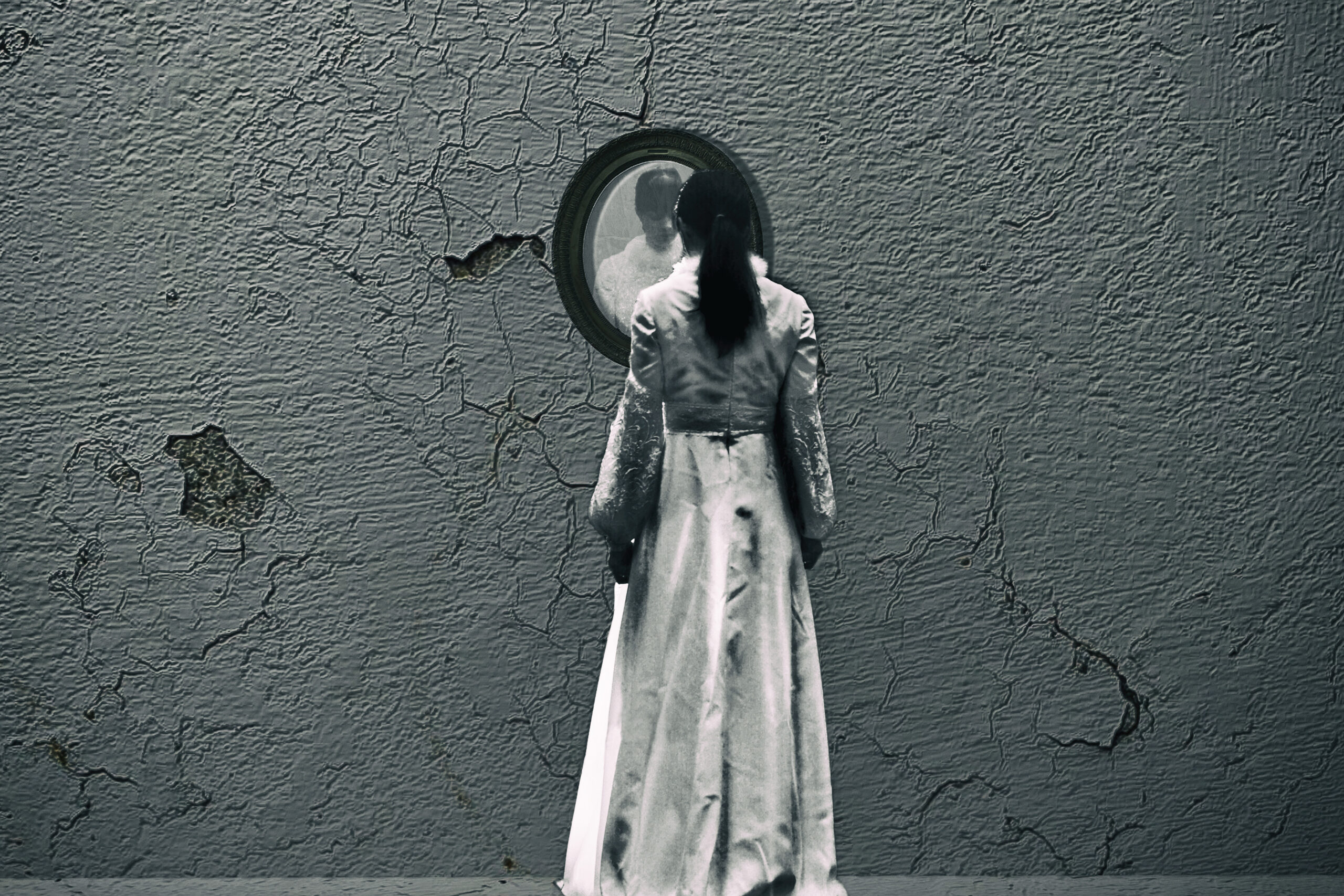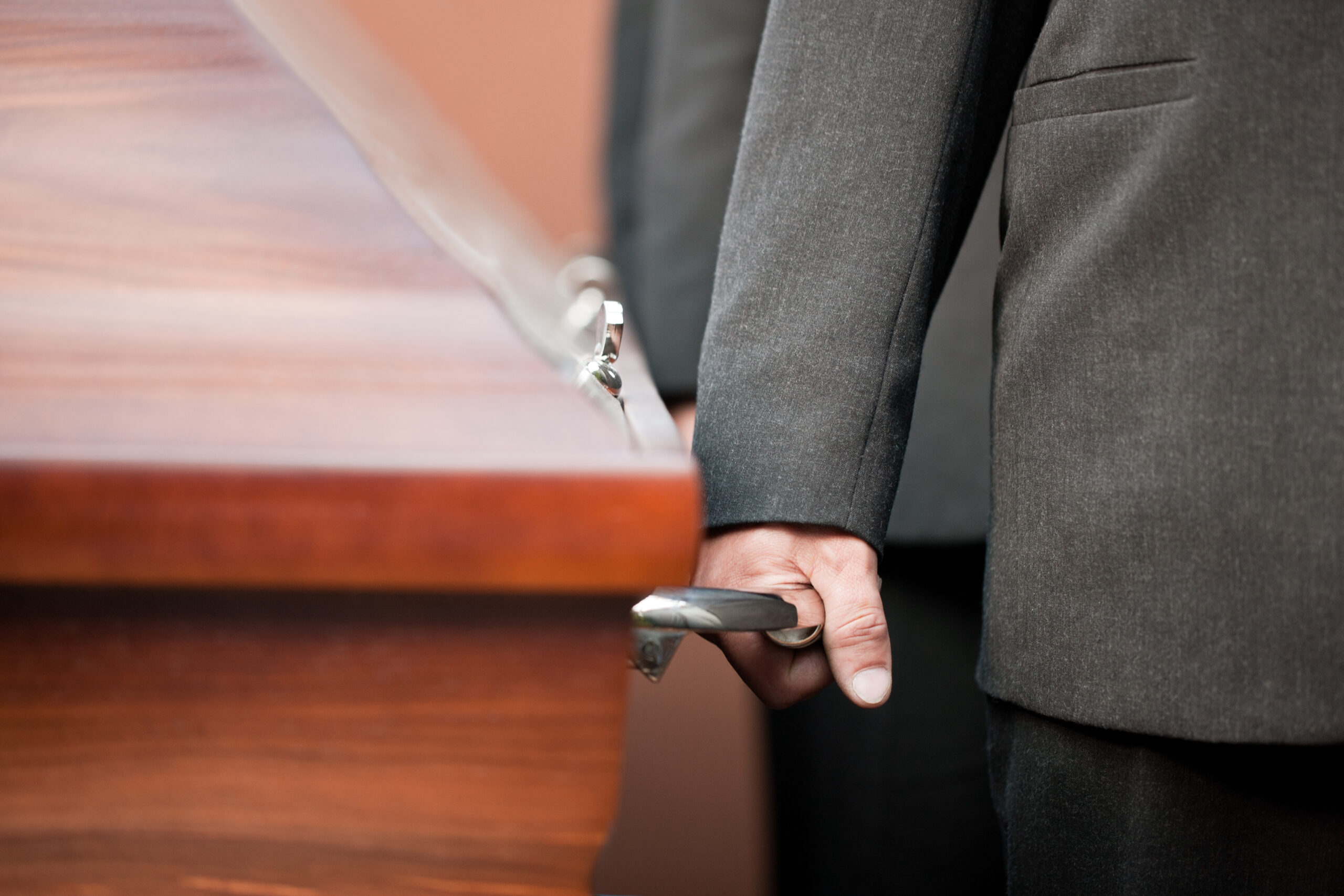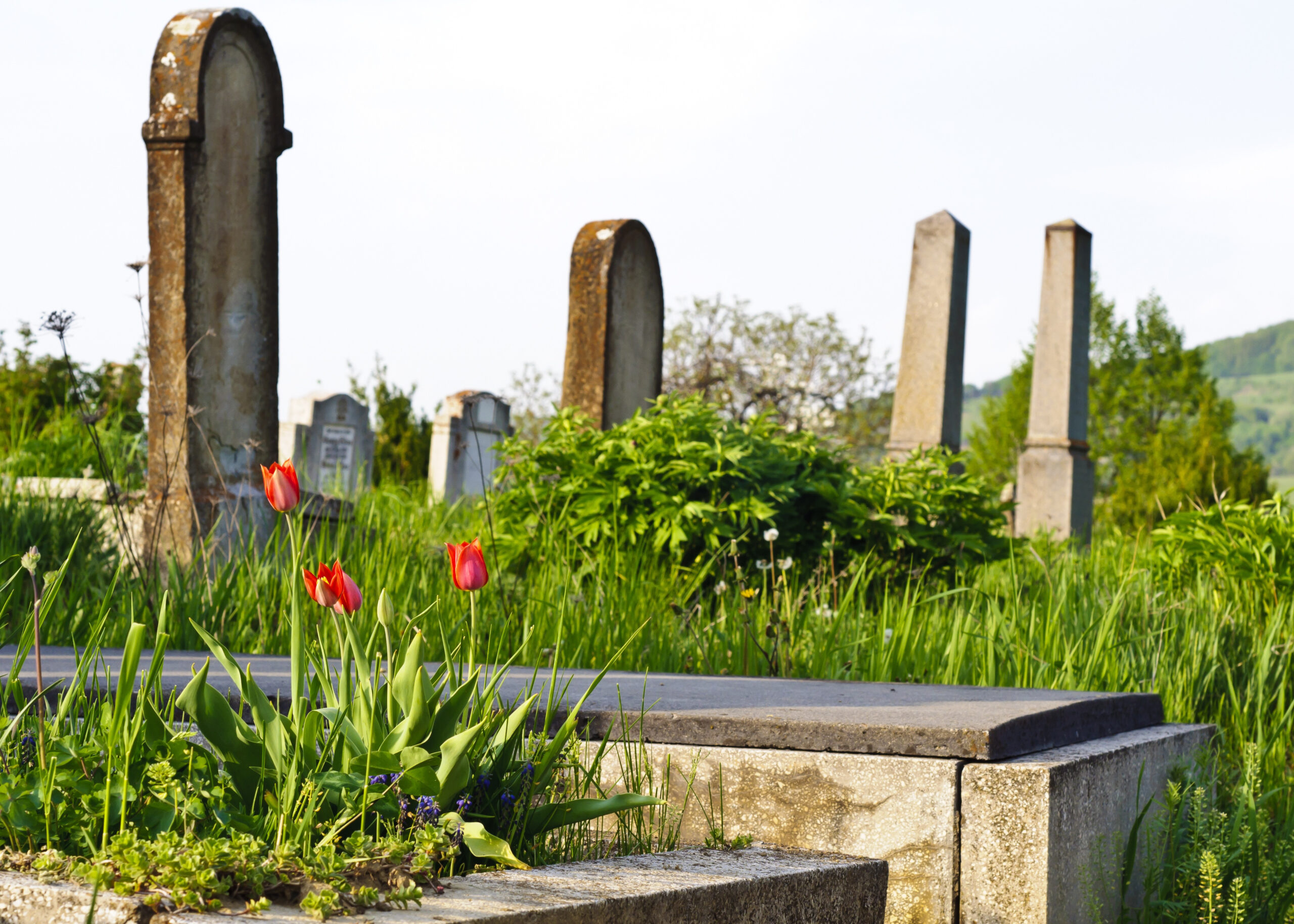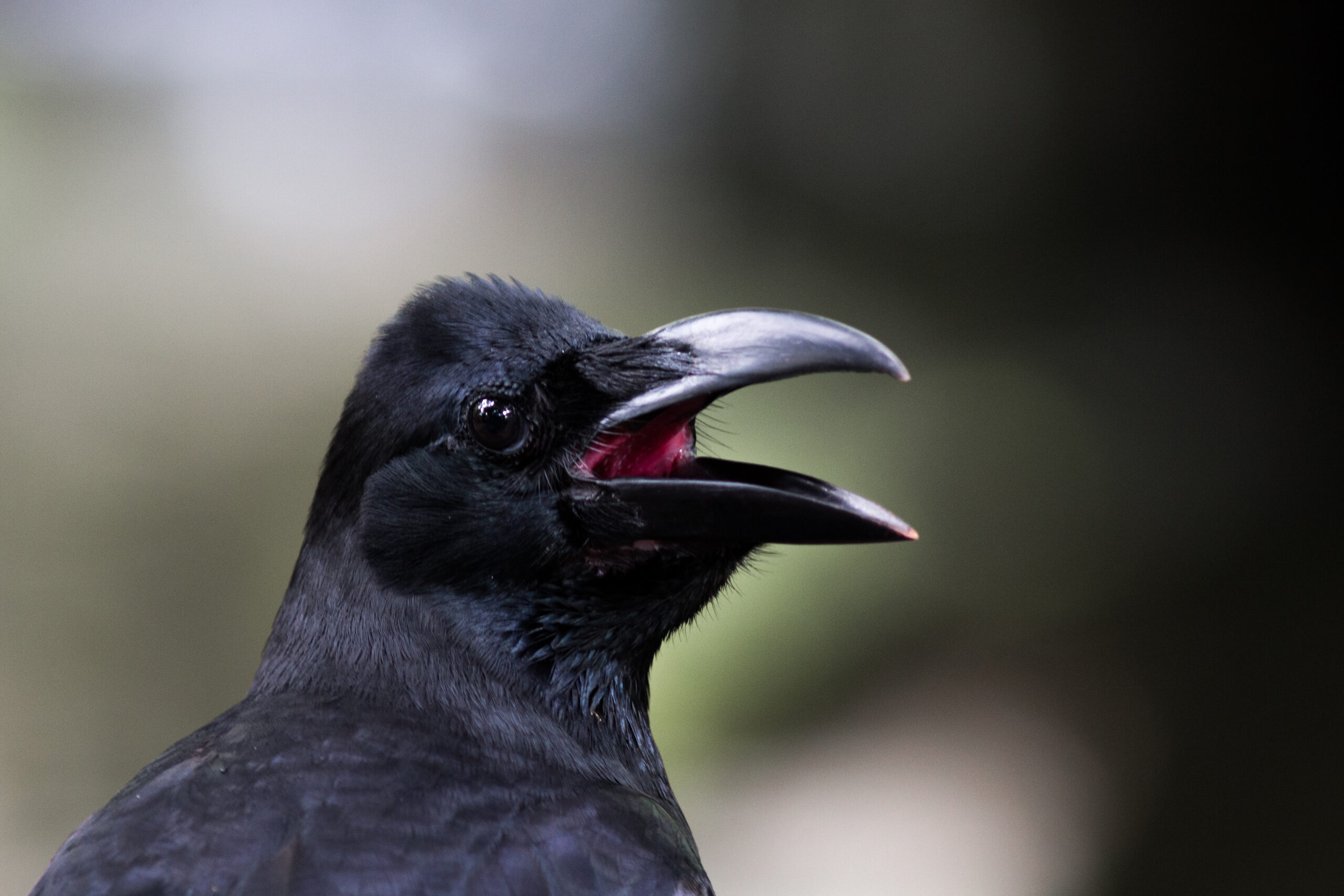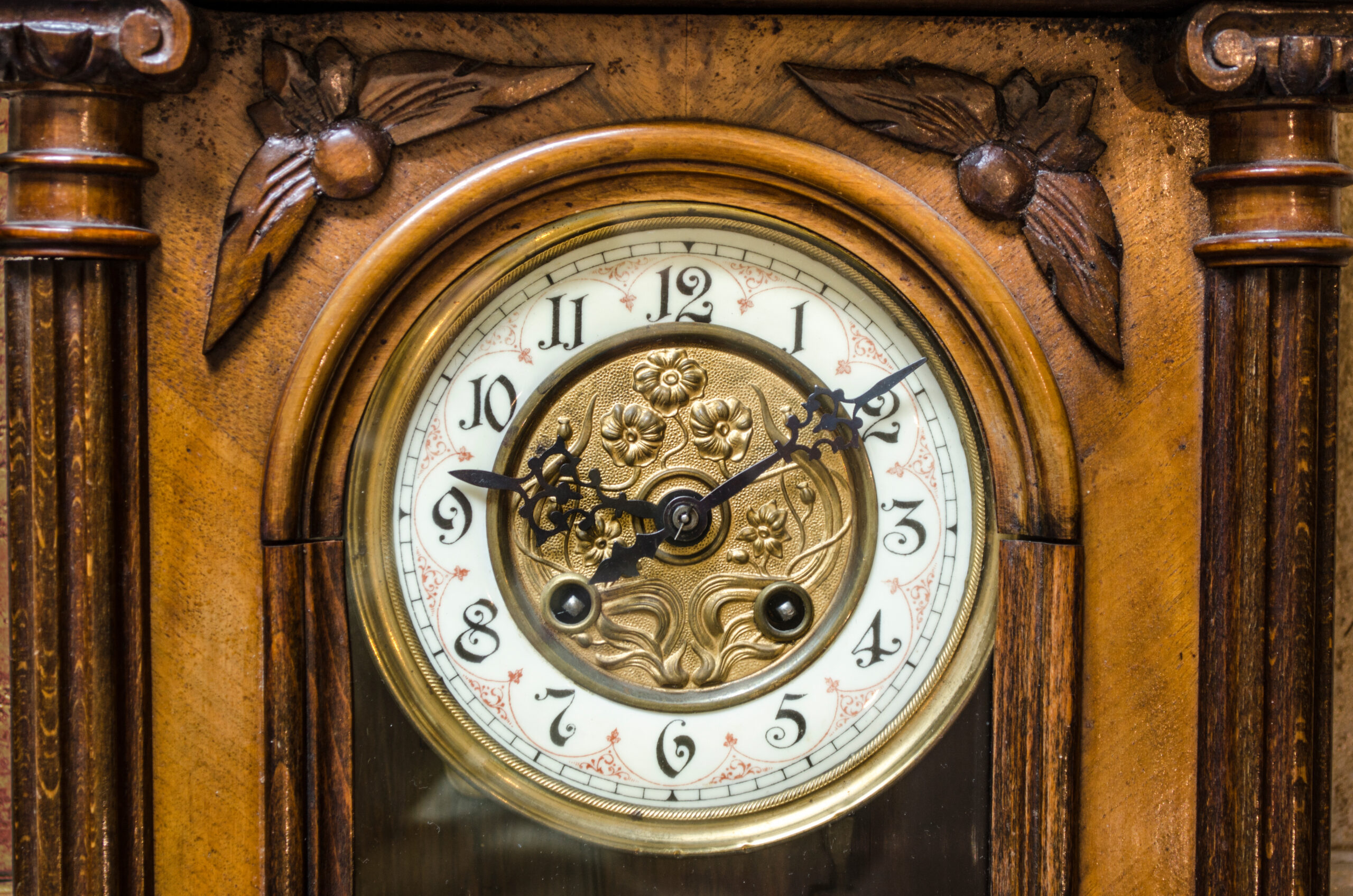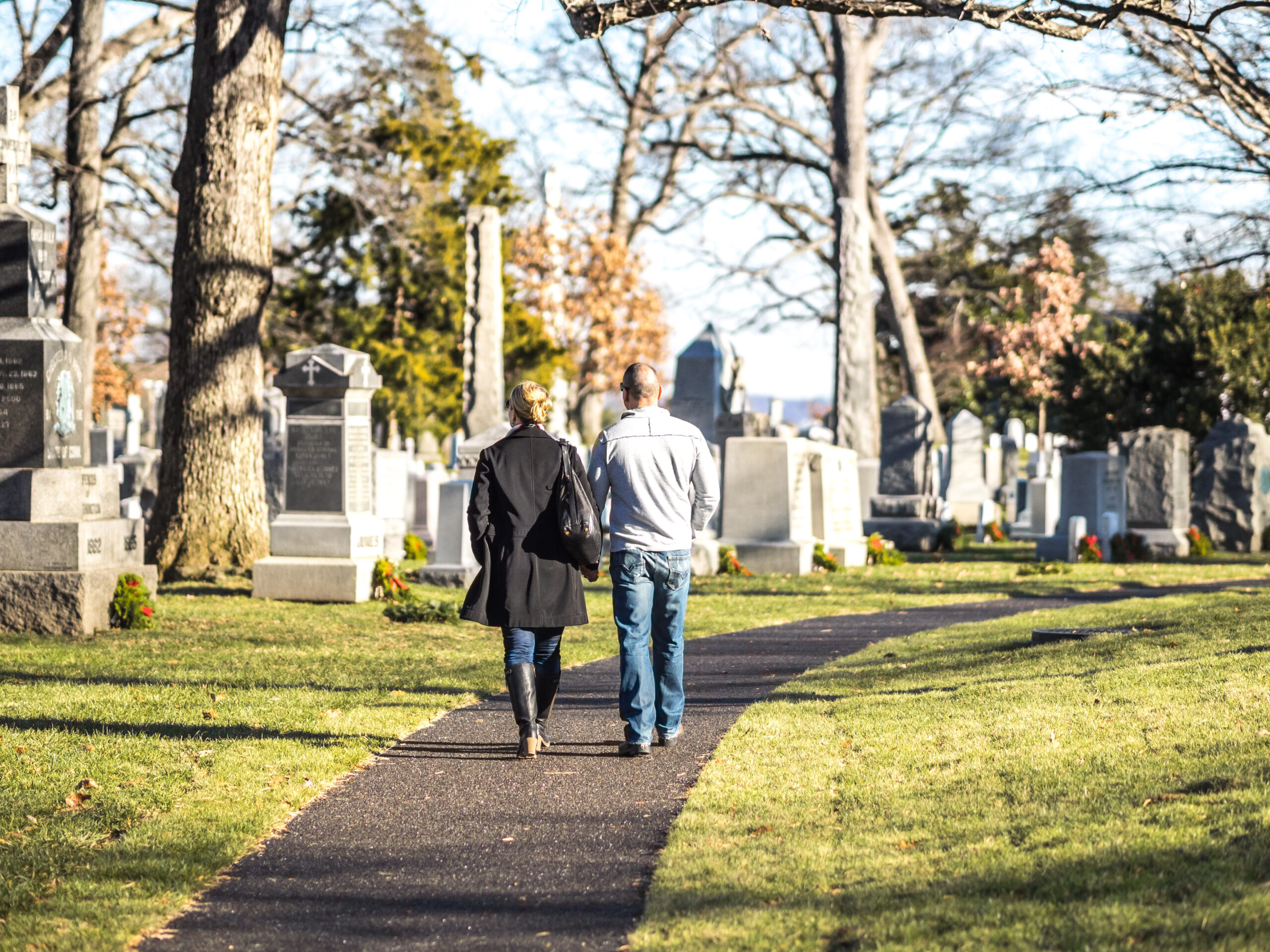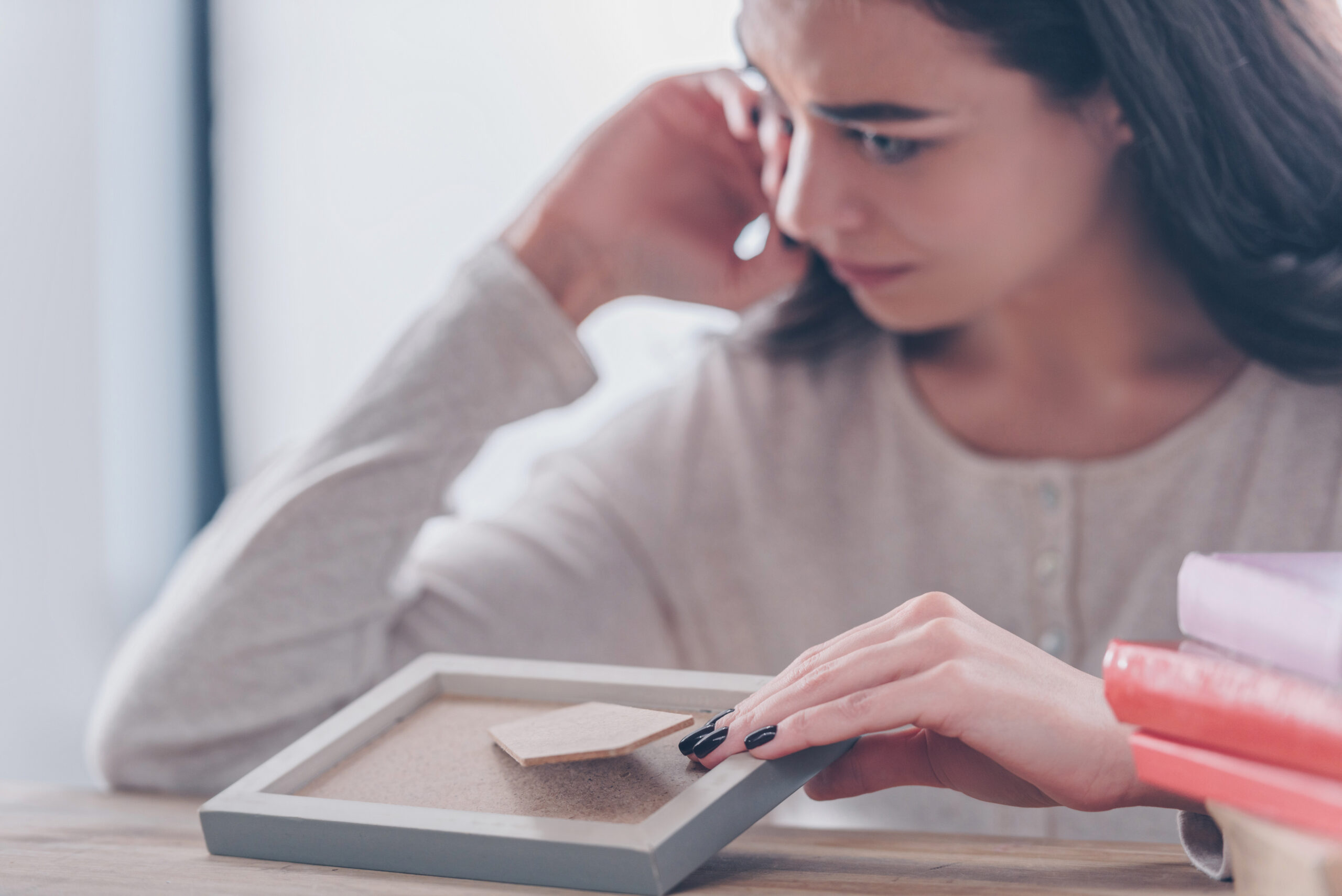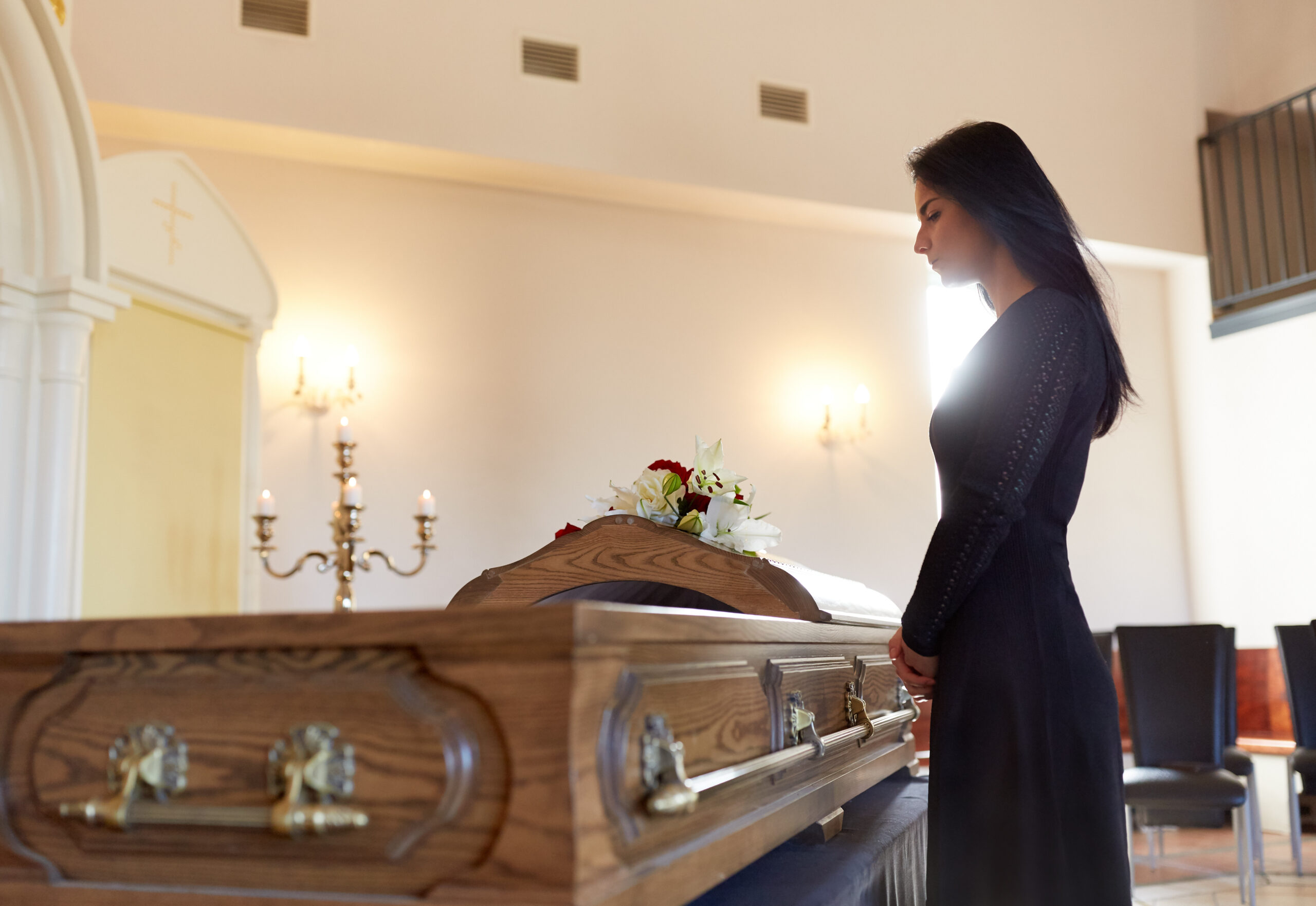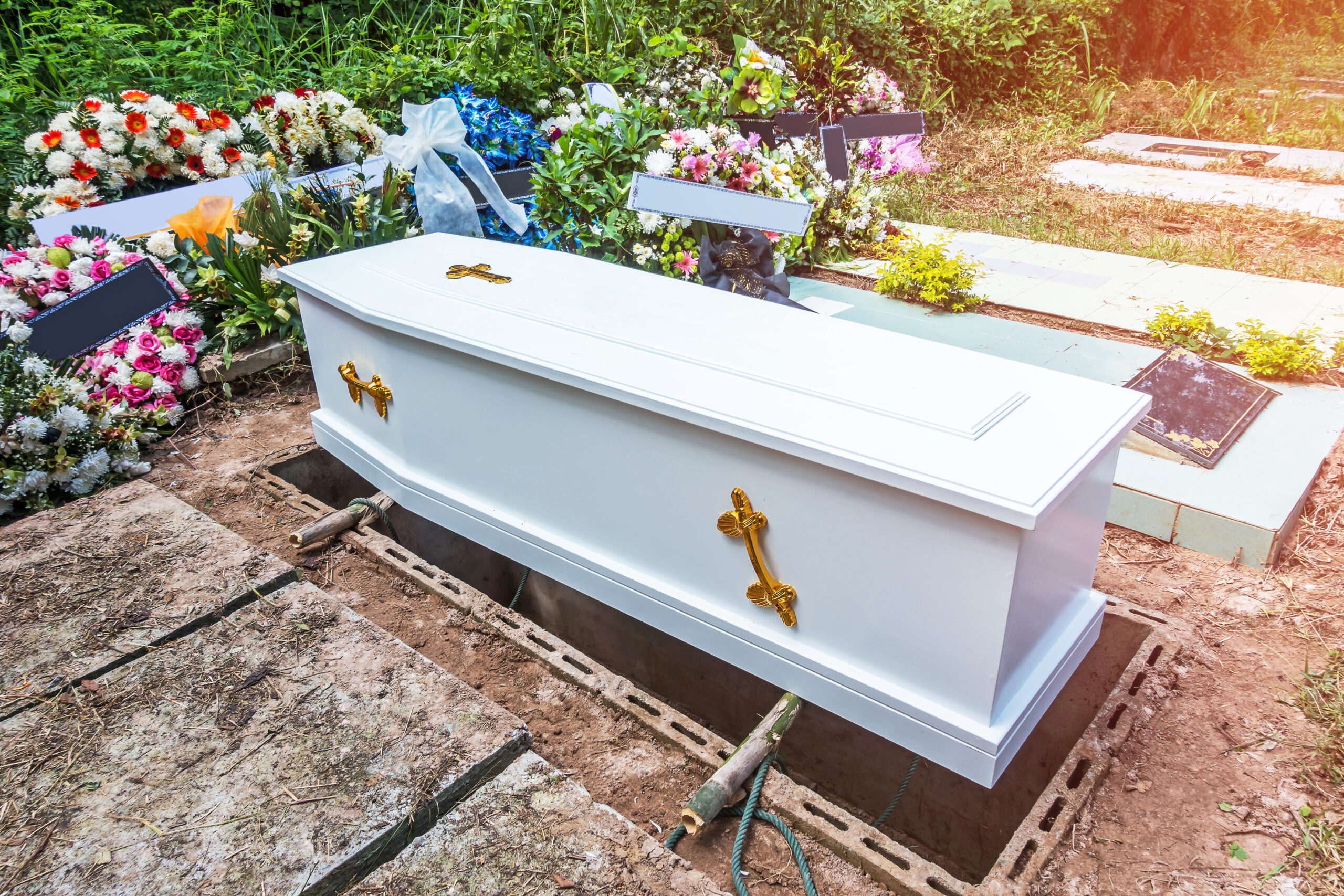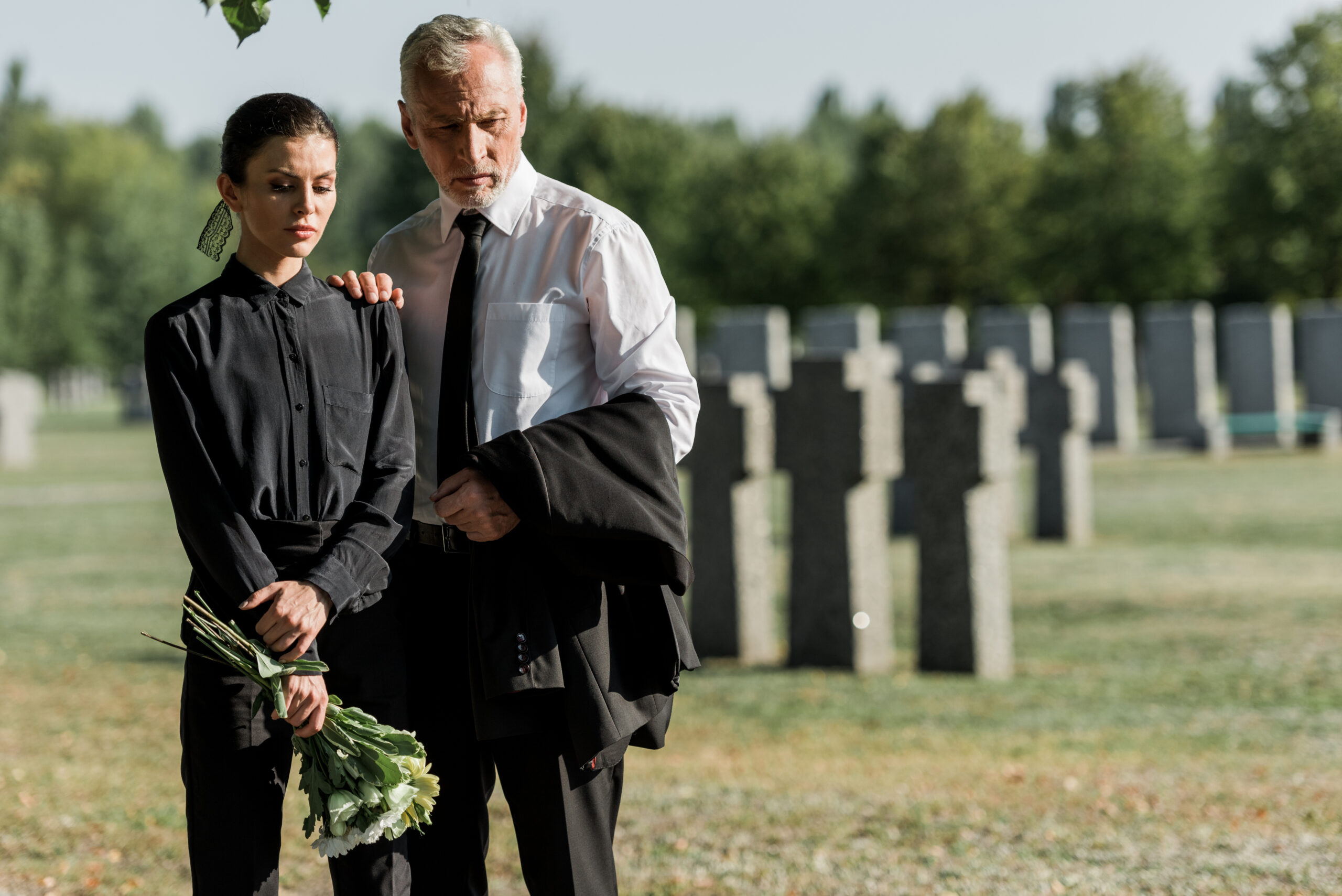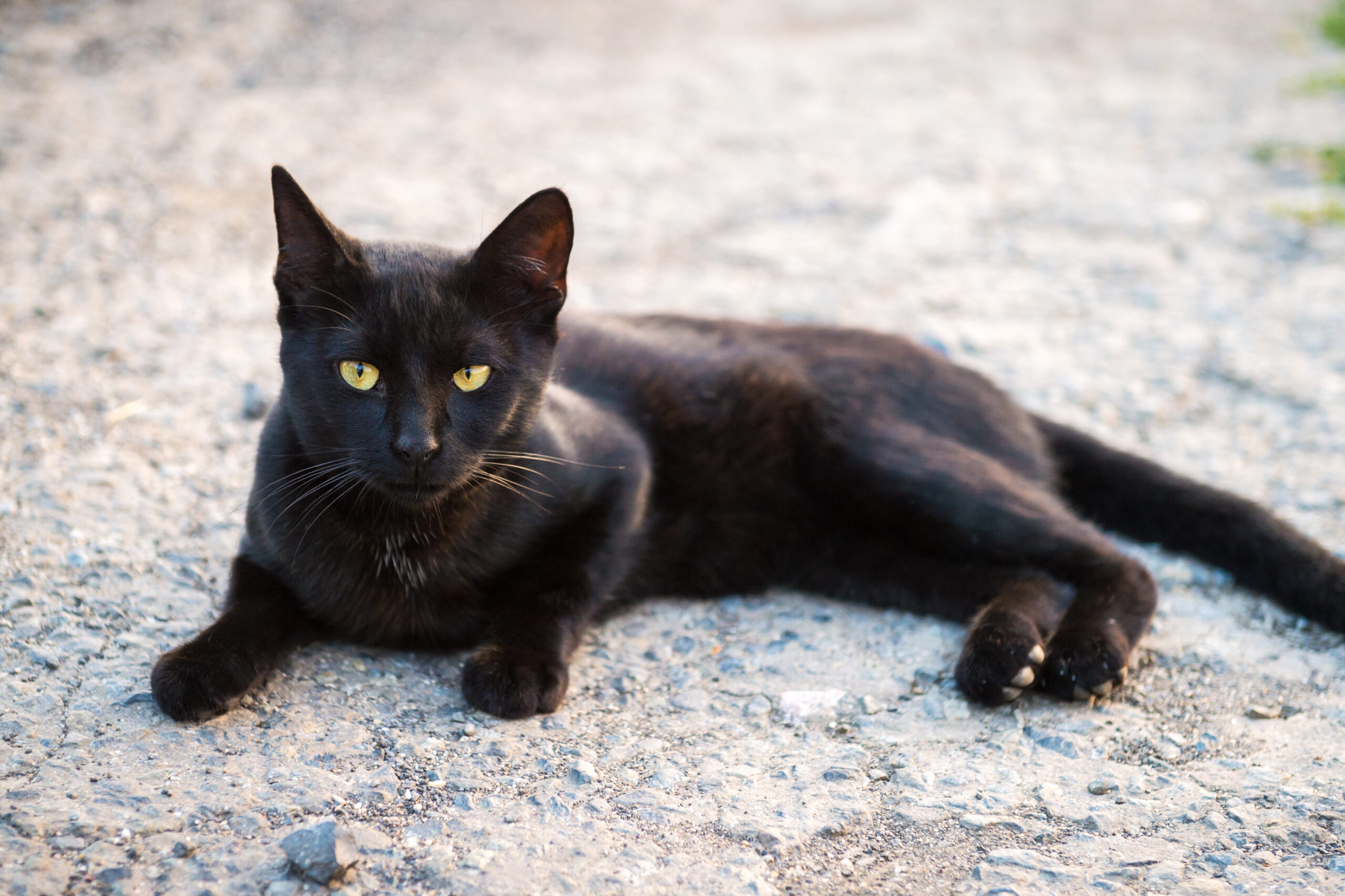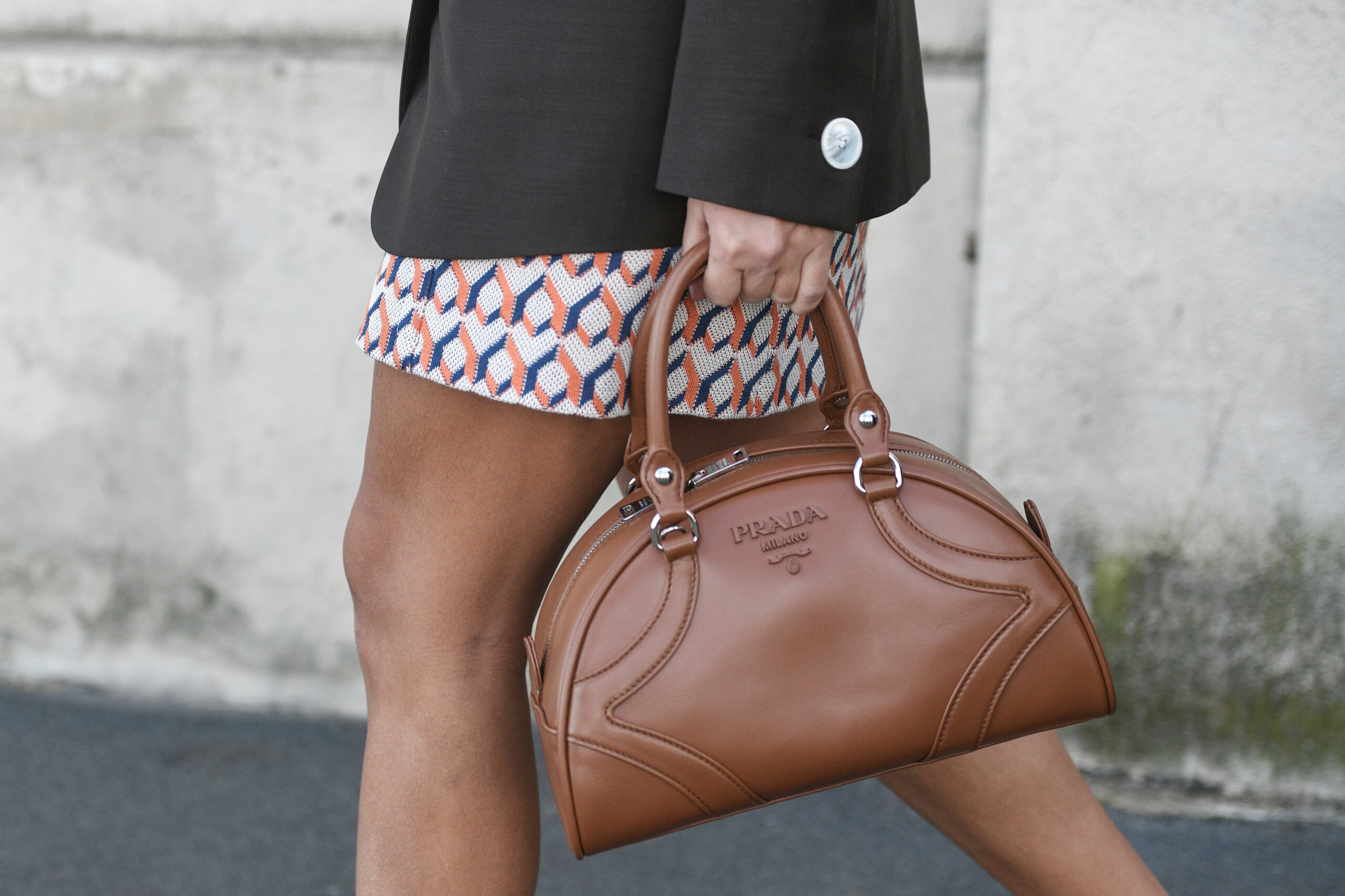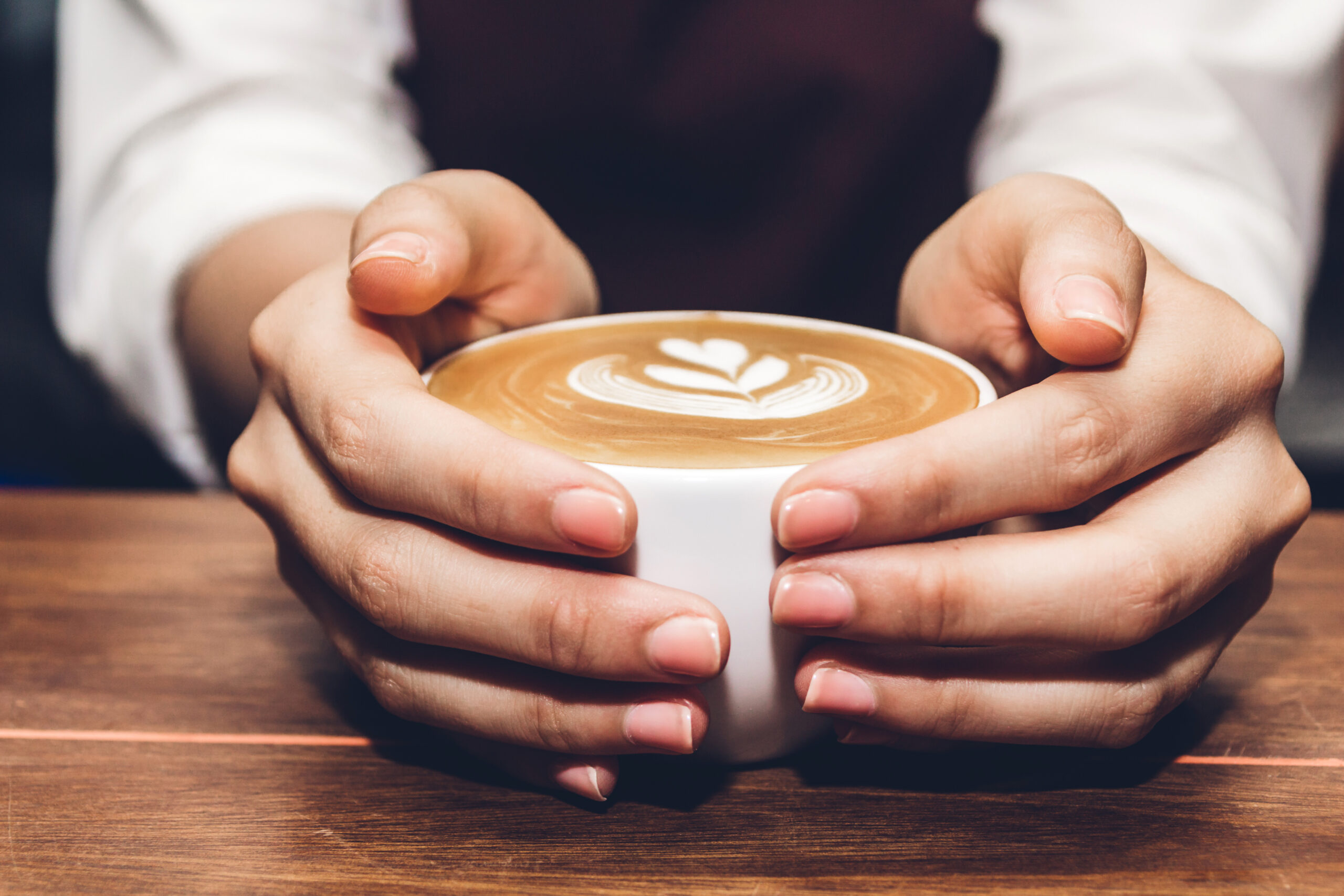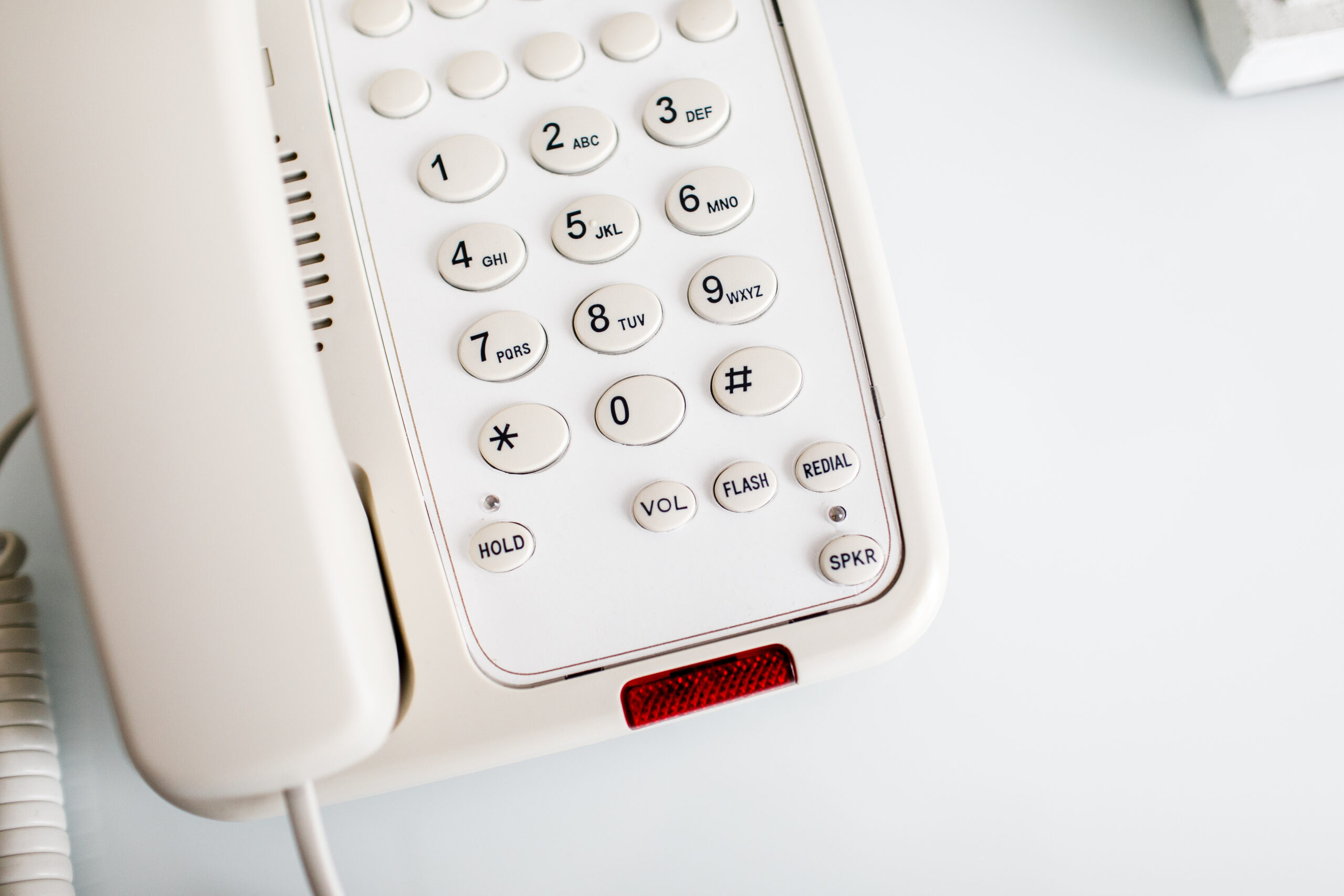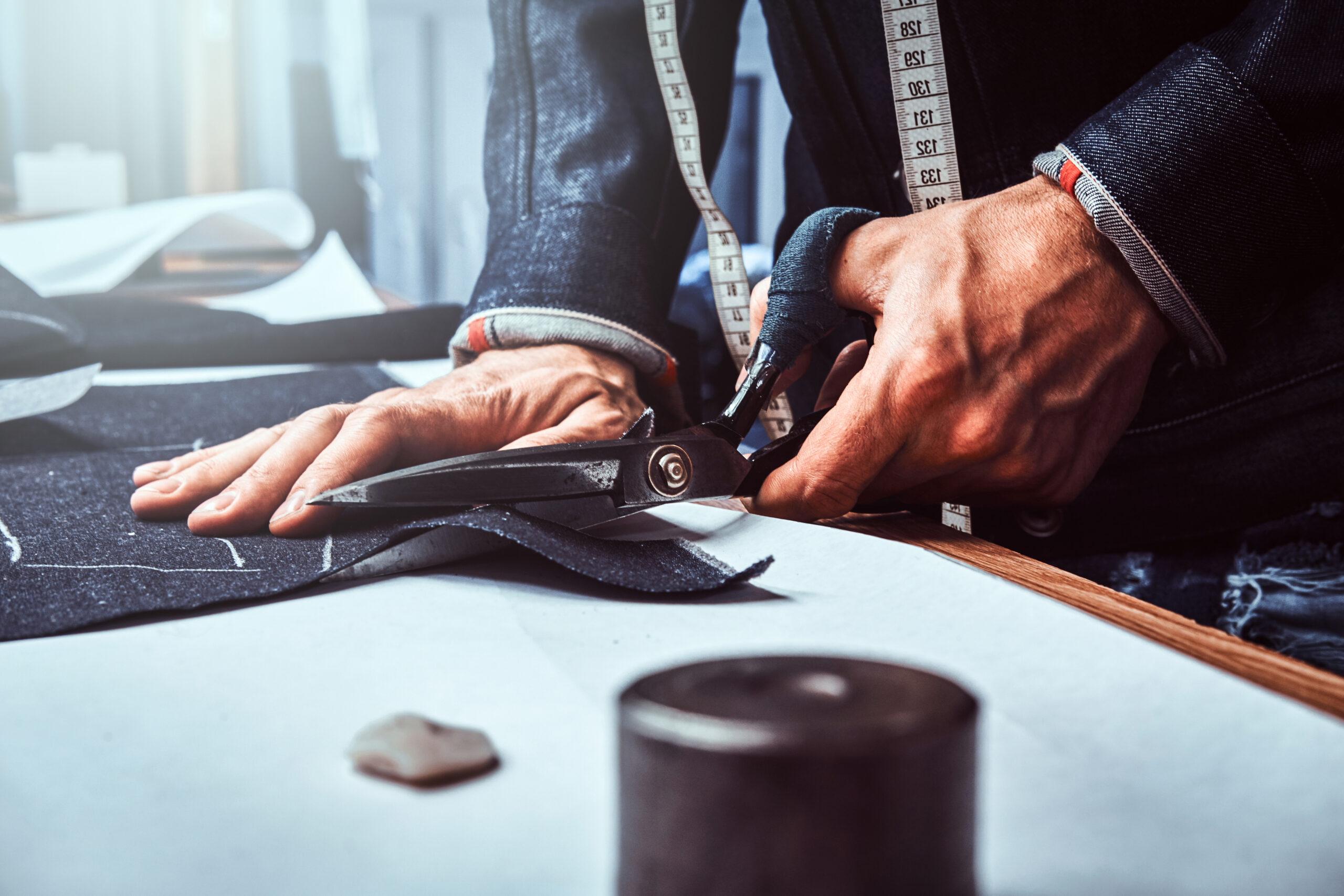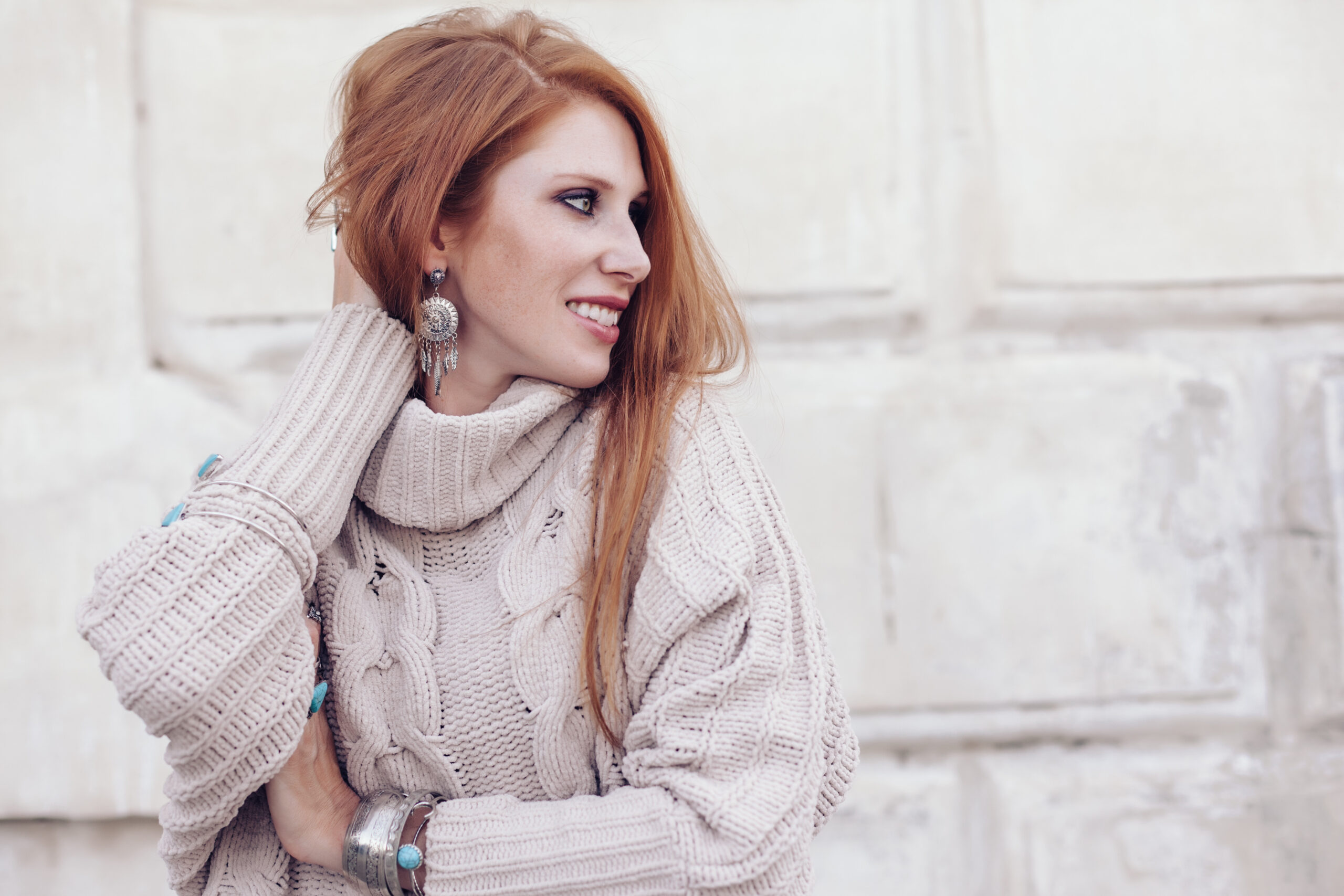Throughout history, some bizarre superstitions about death have surfaced around the world. Many of these beliefs come from cultural traditions that were meant to honor the deceased, protect the living, or influence the afterlife. Despite the lack of evidence, these superstitions play a significant role in how death is understood by people today. Here are 12 superstitions about death that, while intriguing, have no basis in scientific fact.
1. Covering Mirrors
In many cultures, it is common to cover mirrors in a house after someone dies. The belief is that mirrors could trap the soul of the deceased or attract malicious spirits. Some also think that if a mourner sees their reflection in a mirror, they could be next to die. Mirrors have long had a creepy history, but there’s no scientific truth behind these beliefs.
2. Carrying the Deceased Out Feet First
Pallbearers typically don’t think about how they should be carrying the casket. Unless they believe the superstition that the deceased should be carried out of their house feet first when being moved for burial. The thought is by doing so, you’re preventing the spirit from looking back into the house and calling another family member to follow them in death. It’s a way to help everyone move on in the situation.
3. Holding Your Breath While Passing a Cemetery
Have you ever been in a car with people who hold their breath while passing a cemetery? Many people believe in this superstition about the afterlife. It suggests that breathing near a cemetery can invite spirits to enter your body or that you might breathe in the soul of someone who has recently died. Many people believe they’ll relive a scene of The Exorcist just because they’re breathing as they pass by gravestones.
4. Birds in the House
Crows, ravens, harbingers, and many other death birds have a prevalent history in cultural ideas about death. Perhaps that’s why finding a bird in the house is viewed by some as an omen of impending death. This belief likely stems from birds being associated with the journey of the soul or seen as messengers from the spiritual world. Get the bird out of your house fast, and try not to worry since there’s no real evidence behind this myth.
5. Stopping Clocks
Every family has their own thoughts and feelings about death. In some households, the clocks in the deceased’s home are stopped at the time of death as a symbol of the world calling to a halt. This practice is said to pay respect to the dead and prevent bad luck for the rest of the household. No proof of whether this works has ever been documented, but at the very least, it may offer a sense of comfort to the bereaved.
6. Not Whistling at Night
Avoid whistling or singing at night since in some cultures this is considered an invitation to evil spirits or ghosts. Some believe these sounds may lead spirits back into the living world, disrupting the peace of the deceased. Who knows what will happen if this is true? Maybe it will lead to a “Thriller” style dance party in the cemetery!
7. Turning Portraits Around
Let’s be honest. Some old photographs are kind of creepy, especially at night. In certain traditions, portraits of the deceased are turned around during mourning. This is thought to allow the spirit of the deceased to move on peacefully without being trapped within the frame. Think of the idea like Harry Potter portraits that move around and blink!
8. Wearing Black
We’ve learned for years that you should wear black for mourning at a funeral. Wearing black clothing is a well-known practice around the world. It is believed to be a way to ward off spirits and signal respect and solemnity for the deceased. It seems more appropriate to be in muted tones than to wear anything bright and flashy.
9. Leaving Shoes Uncrossed
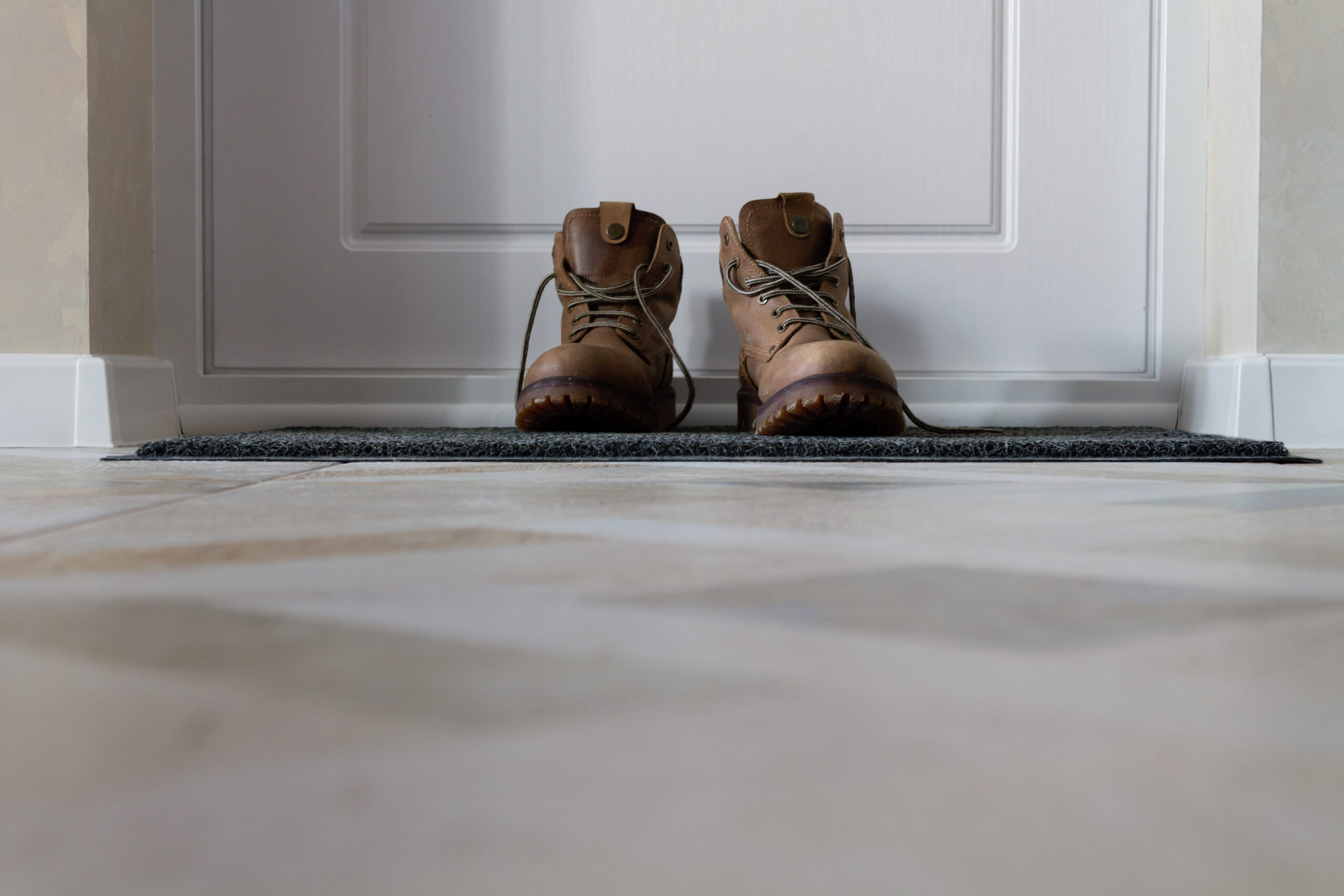
10. Tossing a Handful of Dirt on the Coffin
At some funerals, the guests throw a handful of dirt onto the coffin as it’s being lowered into the ground. This is seen as a sign of acceptance of burial and the finality of death. It is also thought to help the soul of the deceased settle into the afterlife. Extremely superstitious people even think it helps avoid the rise of zombies in the future.
11. Avoiding Saying the Deceased’s Name
Grief comes in all forms, and some people take longer to mourn than others. During this process, saying the name of the deceased can disturb their spirit or prevent them from resting peacefully. Believers think the deceased will hear their name and want to get back to whoever is calling them. They won’t be able to get into the afterlife until they know their loved ones are at peace.
12. Coins on the Eyes or in the Mouth
Placing coins on the eyes or in the mouth of the deceased is an ancient practice. This superstitious belief has origins in various mythologies, including that of the Greeks who believed it was payment for the ferryman of the dead, Charon. The practice persists in different forms since many believe the heavy coins keep the deceased’s eyes closed. Others think it symbolizes a rich, prosperous afterlife.
Believe in Superstition
For the people who believe in them, these superstitions about death provide comfort or a sense of control over the unknown. They remain culturally significant practices rather than scientifically grounded truths. These bizarre beliefs illustrate how deeply human emotions and cultural heritage can influence our understanding and handling of death and the afterlife. We want to have some control over that which can’t be controlled.
Alyssa Serio has been a writer and editor since graduating from Aurora University in 2014. In her free time, she loves reading, playing volleyball, and watching any horror movie (even the bad ones) with her husband.

